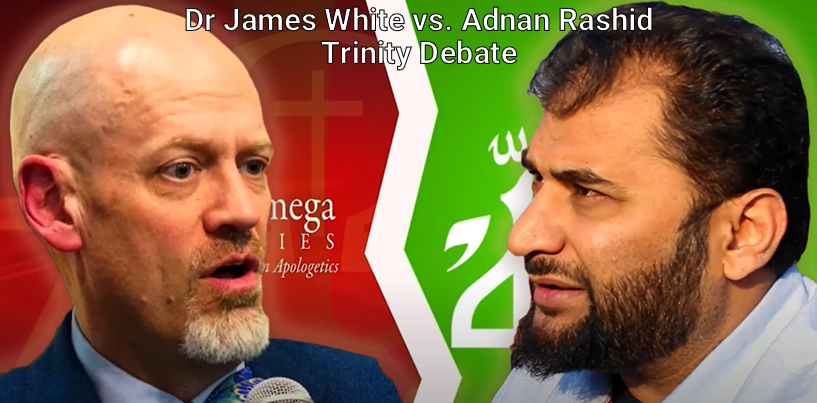Reflections on the Baptist Confession of Faith of 1689. 23 Aug 14 began a perhaps unbroken, orderly, and personal journey through my favorite written confession of faith. This will be my personal reflections on this beloved written codification of the Christian Faith which is according to a Baptist flavor.
NEXT-
Chapter 5, Of Divine Providence, paragraph 3: “God, in his ordinary providence maketh use of means, yet is free to work without, above, and against them at his pleasure.”
Any good definition of miracles must show that the immediate cause for the decisive action involved is wholly of God. That it is wholly supernatural.
Babies aren’t miracles therefore. Life itself as a whole is, sure, but not life arising from God’s created order between a man and woman. Being born again (which is of the Spirit) is a miracle. The difference between these two is God’s use of ordinary means (providence or in this case design) and the miraculous. Normally, people cannot walk on water. Jesus could. He was free to. He could even make another man walk on it. He must in a sense defy nature to do such things. He somehow has to defy the properties that he himself gave it to walk on it.
This short paragraph of the confession helps us distinguish between providence and the miraculous as we apply them both to our lives. Miracles are to hold a very, very special place with us. They cease to when you call everything a miracle. God is not doing them today like he was, despite what many of our Pentecostal friends would like us to believe. In fact, the time elapsed in Scripture is either overwhelming devoid of miracles altogether, or scarcely saw them. It is not God’s typical MO to do the “shock and awe” type of miracles he did at the Creation, with Moses and Joshua, Elijah and Elisha, Jesus, or the Apostles. It’s just not what he wants. Several types of miracle powers (healing, demonic control) were given to the Apostles for a time to accentuate their message. It’s not that God “can” or “can’t” do miracles. That’s not the question. The question is what use would he make of them today? Is there some other epochal advancement in redemptive history that should be marked by them? If not…
God is free to do whatever he pleases. This is his job description: “I do whatever pleases me”. This includes the miracles (proper ones) that we pray for every day.








Leave a Reply